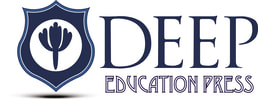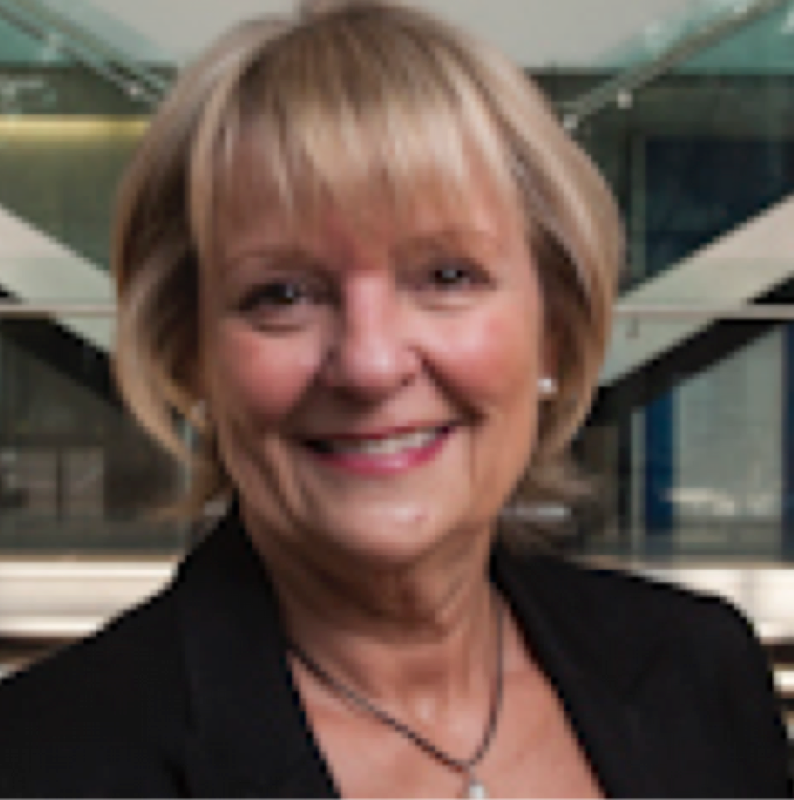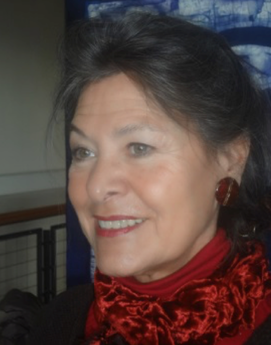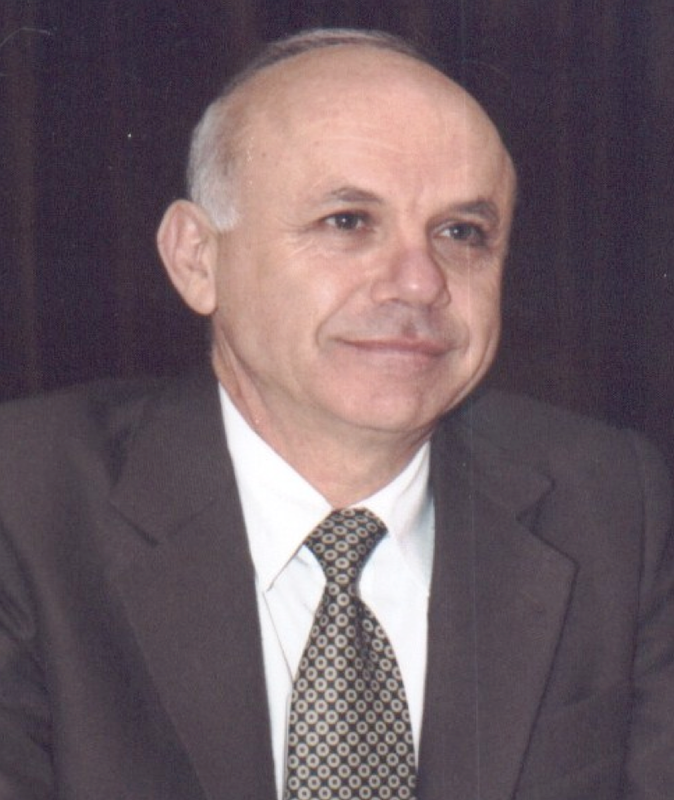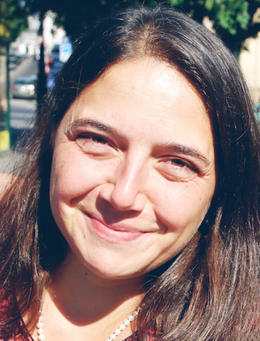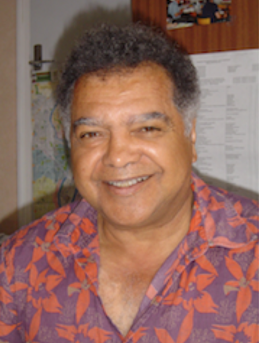Inclusive Education and Partnerships Book Series
This collection aims at developing an in-depth understanding of inclusive education as well as its related practices. Inclusive education main principle is anchored in the right to education each citizen, coming from democratic societies, is endowed with. This person can develop to its full potential and live a better life. Biological, psychological, cultural, racial, social differences are not seen as problems meant to exclude but as resources and a wealth for the living together. Inclusive education is conceived so to emphasize the notions of sharing and partnerships. Sharing of ideas, sharing of research results, sharing of practices from partners coming from various fields and various perspectives, all those are seen as most helpful in the understanding of inclusion linked problems, thanks to a systemic perspective. Such a rich understanding will encourage the emergence of innovative solutions most susceptible to adequately meet growingly complex and technologically advanced societies needs.
The collection welcomes researches dealing with learners whose visible or invisible differences are seen and treated as handicaps as well as researches focused upon educational policies, resources and practices dealing with inclusive education. The collection seeks also to publish articles dealing with normalization issues educational systems cope with in order to answer work-related needs in a global market world. It is reaffirmed that each learner’ capacities are not equally taken into account with the curriculum structure and with learning methods when it is uniformly applied to all. In this regards, partnerships among social actors, users (learners, families), practitioners, educators and professionals from fields such as education, health, culture and from associative organisms are seen as bearers of innovative and effective solutions.
The collection welcomes researches dealing with learners whose visible or invisible differences are seen and treated as handicaps as well as researches focused upon educational policies, resources and practices dealing with inclusive education. The collection seeks also to publish articles dealing with normalization issues educational systems cope with in order to answer work-related needs in a global market world. It is reaffirmed that each learner’ capacities are not equally taken into account with the curriculum structure and with learning methods when it is uniformly applied to all. In this regards, partnerships among social actors, users (learners, families), practitioners, educators and professionals from fields such as education, health, culture and from associative organisms are seen as bearers of innovative and effective solutions.
|
Educacion inclusiva y alianzas
Esta colección pretende profundizar el significado y las aplicaciones de la educación inclusiva. Parte del principio que todo ciudadano de una sociedad democrática tiene derecho a una educación que le permita ejercer y desarrollar todas sus capacidades. La diferencia, biológica, psicológica, cultural, étnica, social, no es concebida como un estigma que excluye, sino como un recurso y una riqueza para vivir y hacer juntos. La educación inclusiva es, de esta manera, concebida en el estricto sentido de intercambio y de colaboración. El intercambio de ideas, el intercambio de investigación, el intercambio de acciones entre socios de diferentes disciplinas, con diferentes estatutos, son concebidos como más capaces de captar, en un enfoque sistémico, los problemas vinculados a la inclusión, y de inventar soluciones susceptibles de responder a la creciente complejidad de las sociedades tecnológicamente avanzadas. La colección acoge investigaciones sobre los educandos cuyas diferencias visibles o invisibles son percibidas y tratadas como discapacidades, así como sobre las políticas educativas, los recursos y los dispositivos de inclusión que les son propuestos. La colección también tiene como objetivo abordar las cuestiones y problemas que plantea la estandarización a la que tienden los sistemas educativos para satisfacer las necesidades de un mercado mundial. El potencial de cada educando no está estrictamente en conformidad con los plan de estudios y métodos de trabajo impuestos de manera uniforme a todos. Desde dicho punto de vista, las alianzas entre los actores sociales en cuestión, los usuarios (educandos, alumnos, familias), educadores y profesionales de la educación, de la salud, del entorno cultural y asociativo aparecen como portadores de soluciones innovadoras y eficaces. |
Collection Education inclusive et partenariats
Cette collection vise à approfondir le sens et les mises en oeuvre de l’éducation inclusive. Elle part du principe que tout citoyen d’une société démocratique a droit à une éducation lui permettant d’exercer et de développer toutes ses capacités. La différence, biologique, psychologique, culturelle, ethnique, sociale, n’est pas conçue comme un stigmate qui exclut mais comme une ressource et une richesse pour le vivre et le faire ensemble. L’éducation inclusive est ainsi conçue au sens fort de partage et de partenariat. Partage des idées, partage des recherches, partage des actions entre partenaires de différentes disciplines, de différents statuts sont conçus comme plus aptes à saisir, dans une approche systémique, les problèmes liés à l’inclusion, et, à inventer les solutions susceptibles de répondre à la complexité croissante des sociétés aux technologies avancées. La collection accueille des recherches sur les apprenants dont les différences visibles ou invisibles sont perçues et traitées comme des handicaps, ainsi que sur les politiques éducatives, les ressources et les dispositifs d’inclusion qui leur sont offerts. Elle a aussi pour objectif de traiter les questions et les problèmes que pose la normalisation à laquelle tendent les systèmes éducatifs, en vue de répondre aux besoins d’un marché mondial. Le potentiel de tout apprenant n’est pas strictement conforme au curriculum et aux méthodes de travail uniformément imposés à tous. De ce point de vue les partenariats entre les acteurs sociaux concernés, usagers (apprenants, se formants, familles), praticiens, éducateurs et professionnels de l’éducation, de la santé, des milieux culturels et associatifs apparaissent comme porteurs de solutions innovantes et efficaces. |
Danielle Zay graduated as an Economist from “Sciences Po.” (Political Sciences), the IEP (Institute of Political Sciences) of Paris (France), ranked 5th worldwide in the 2015 QS World University rankings for Politics and International Studies. She began to work in private and public firms. She got the “agrégation” of philosophy (the highest selective exam to be recruited as a teacher) and chose teacher education and higher education. After passing her Ph.D. in Educational Sciences, she specialized in international projects and research on cross institutional partnerships, in particular to deal with youth at risk. Her projects were supported by the European Commission and the ERDF (European Regional Development Fund). She created and was the “Main Convenor” of the European Educational Research Association (EERA) Network 15, “Research Partnerships” in Education (1998-2007).Her numerous publications have appeared in French, English and Spanish.
Contact: zaydanielle(at)gmail.com |
EDITORIAL BOARD
 Professor and Chair Department of Special Education
University of Kansas, USA Professor and Chair Department of Special Education
University of Kansas, USA
Professor Elizabeth B. Kozleski, Chair of Special Education at the University of Kansas, engages systems change from a critical perspective and conducts research on equity and justice issues in inclusive education and professional learning. Recent awards include the UNESCO Chair in Inclusive International Research in 2005, the TED-Merrill award for leadership in special education teacher education in 2011, and the Scholar of the Century award from the University of Northern Colorado in 2013. She is the recipient of more than $30 million in federal and local research grants. Her research interests include the analysis of systems change in education, how teachers learn in practice in complex, diverse school settings, as well how educational practices improve student learning. She has senior leadership roles on four projects: SWIFT, CEEDAR, Emergent Literacy Curriculum for Students with Intellectual Disabilities in General Education Classrooms, and Special Education Leadership in System-wide Equity and Access for Students from Culturally and Linguistically Diverse Backgrounds. Professor Kozleski co-edits a book series for Teachers College Press (TCP) on Disability, Culture, and Equity with Professor Alfredo Artiles. Her recent books include Ability, Equity, and Culture (with co-author Kathleen King Thorius) published by Teachers College Press in ‘14 and Equity on Five Continents (with Alfredo Artiles and Federico Waitoller) published in ‘11 by Harvard Education Press.
|
Joanne Deppeler is Professor and Associate Dean of Graduate Research in the Faculty of Education, Monash University. Her work has focused on the examination and development of effective practices of teaching and learning with diverse students, structures and practices in schooling and practitioner research. Her research has been founded on the belief that to achieve change there needs to be collaboration, both within schools and amongst stakeholder groups, government ministries, and universities. . For more than a decade, Professor Deppeler has engaged in international education reform and research including the current project funded by Australian Agency for International Development (AusAid) in the Pacific (2013-2015).
In Australia, Professor Deppeler’s research and teacher professional development projects have been in partnership with The Catholic Education Office Melbourne (CEOM), Victorian Department of Education and Early Childhood (DEECD), and with the Commonwealth government. In 2011-2013, in partnership the Victorian education department she worked with teachers and other professionals in collaborative practitioner inquiry in 15 schools in practices that resulted in improved academic and social participation outcomes for students diagnosed with Autism Spectrum Disorder. She has made a substantive contribution to the professional and policy domains of the education of students with disabilities at state, national and international levels. |
Viviane Guerdan graduated at Geneva University (Switzerland) as a Psychologist at the Institute of Educational Sciences, then directed by Jean Piaget. She dedicated her professional life to clinical practice, as well as research and training activities, in the field of special education and partnerships. She is involved in NGOs working for the inclusion of people with mental disabilities. Current President of ASA, the Association on Mental Handicap (www.asa-handicap-mental.ch), she is Honorary President of the International association of scientific research in favor of mentally disabled people (AIRHM). As a founding member of GIFFOCH (www.giffoch.org ) - an international Francophone group in the field of disability - she actively contributed to the European project on “Social participation of disabled people” and develops new projects within the network. She has written several papers and books, in particular co-editing Participation et responsabilités sociales. Un nouveau paradigme pour l'inclusion des personnes avec une déficience intellectuelle (Peter Lang SA, Editions scientifiques internationales, Suisse, Berne 2009).
Contact : vguerdan(at)icloud.com |
|
Carlos Roberto Jamil Cury, graduated in Philosophy (1971). Master (1977) and Doctor (1979) in Education (politics and history of education) at the Catholic University of São Paulo. Post-doctor at the University of São Paulo (School of Law) (1994); at the Université de Paris V (1995); at the École des Hauts Études en Sciences Sociales (1998-1999) and at the Federal University of Rio de Janeiro (2011).
Full professor (retired) at the Federal University of Minas Gerais. At the present, professor of Public Politics and Education at the Catholic University of Minas Gerais. Former member of the National Council of Education (1996-2004), former president of Coordenação de Aperfeiçoamento do Pessoal do Ensino Superior (CAPES/2003). Experience in Education and Law, focusing on special laws (such as Inclusive Education and Education for Youngs and Adults). Researcher 1A of Conselho Nacional de Pesquisa (CNPq). |
|
|
Philippe Masson, Phd in Educational Sciences (Sociology), has been PE Teacher for 13 years before joining the University of Lille. He is currently Main Convenor of Network 15 of the EERA (European Educational Research Association), "Research Partnerships in Education" since 2008. Over the last years, he has been a lead or co lead researcher on funded projects; Inter-Agency partnership for improving inclusion of "at risk" young people. Interreg III A (convention FEDER 164/132); Sport youth inclusion.Interreg Project Nord-Pas-de-Calais/ Kent (MP 277; Universanté Pas de Calais, an observatory monitoring students’ health. He was Visitor Research fellow at Canterbury Christ Church University (with Pr Vivienne Griffiths, Educational Research Directorate), 2011-2013. Referee Interreg IV Project, Cross Regional Opportunities: Improving Social Cohesion, Greenwich University (2010-2014).
|
Christian Alin, graduated of Physical Training Teacher High School. He got the “agrégation” of Sport and Physical Education (the highest selective exam to be recruited as a teacher) and chose teacher education and higher education. After passing a Ph.D. in Educational Sciences, he specialized inside of an anthropological and semiotic approach about teacher and or trainer analysis of practices. The link between Research and Training is on top of his scientific concern and, today, specifically about inclusive education.
Website: « La Geste Formation » Contact: http://christian-alin.fr/ |
José Geraldo Silveira Bueno began his professional career as a teacher of the deaf and, after completing his doctorate (1991) on Brazilian special education policies, he entered at the Catholic University of Sao Paulo. He has acted as consultant of the Brazilian research funding agencies, government staffs and scientific journals, particularly in the field of special education. His academic production expressed in books, chapters and papers have as topic of interest: special education, educational policies, school inclusion, educational research, hearing impairment and deafness.
His recent major books include Educação especial brasileira: questões conceituais e de atualidade (Brazilian special education: conceptual and current issues), PUCSP Publishers, in 2011 and A escola como objeto de estudo: escola, desigualdades, diversidades (The school as an object of study: school, inequalities, diversities), this last one with co-authors K. Munakata and D. F. Chiozzini, Junqueira & Marin Publishers, in 2014. |
